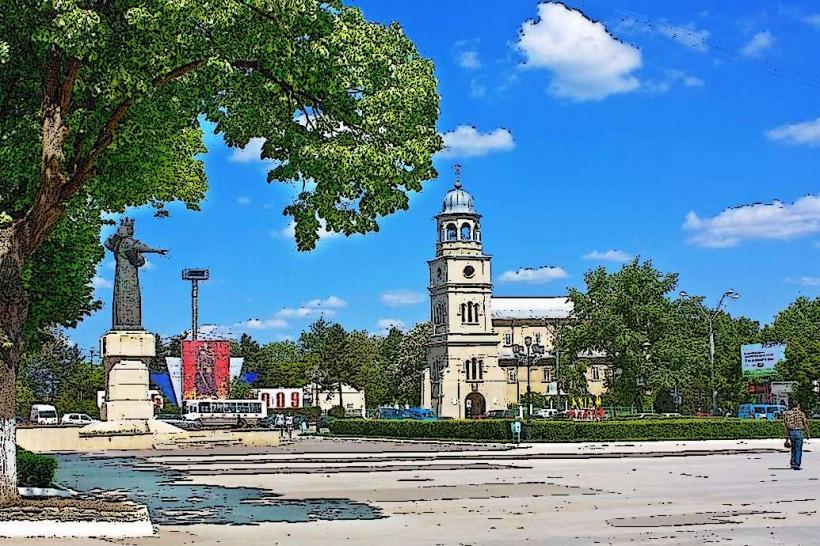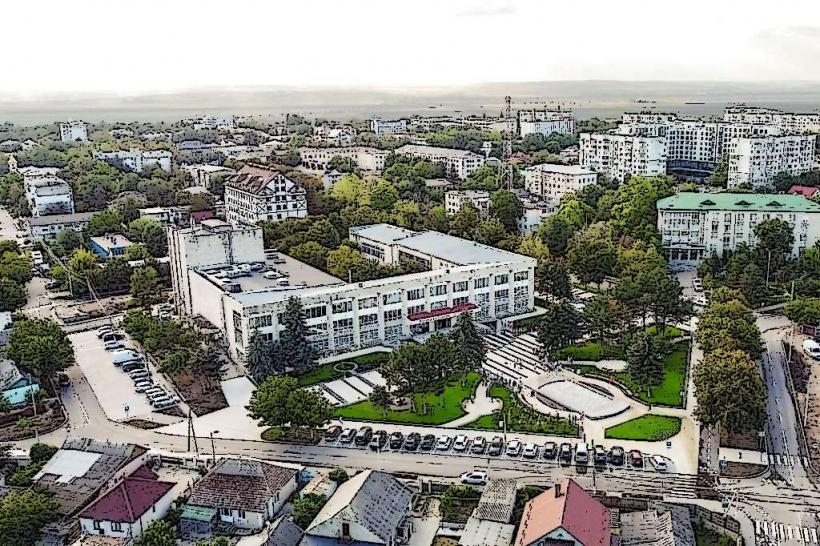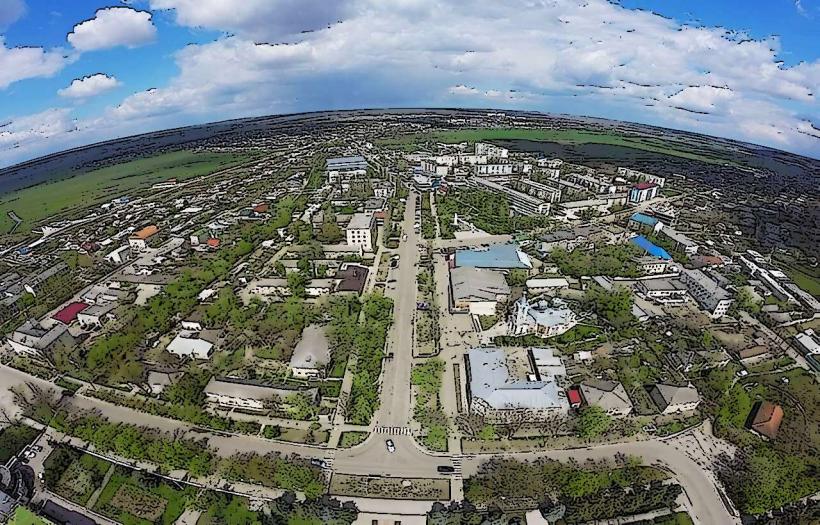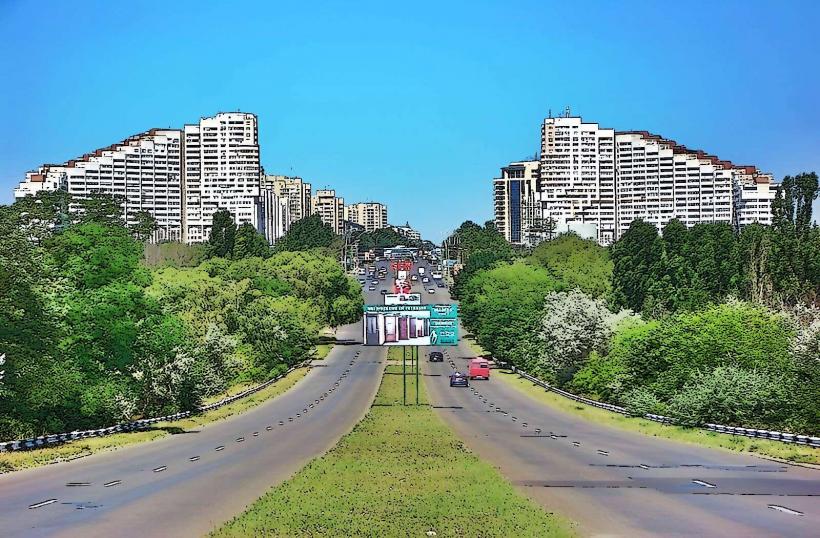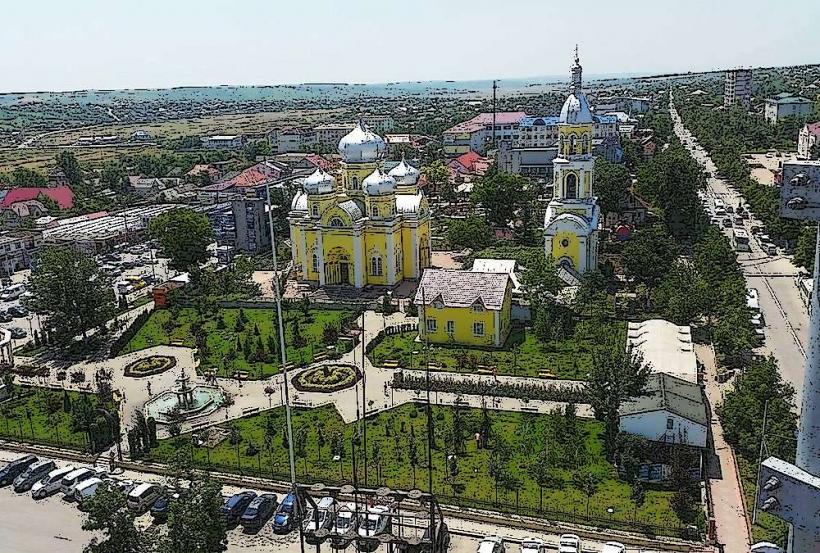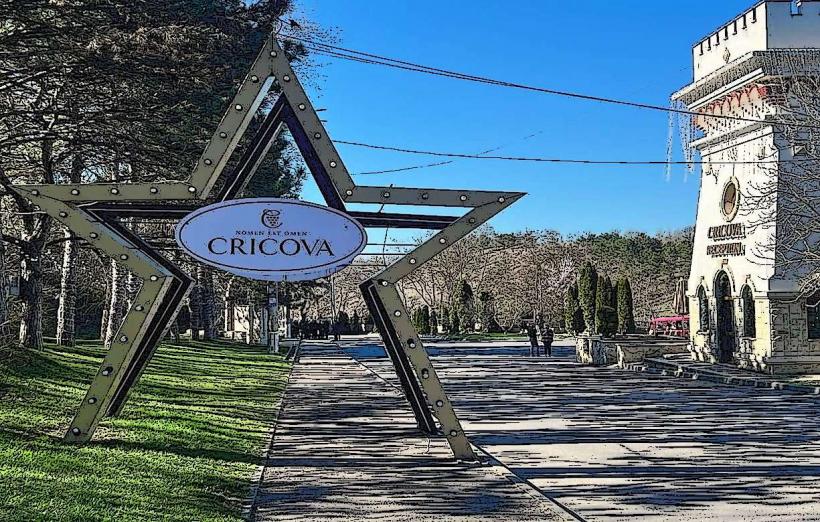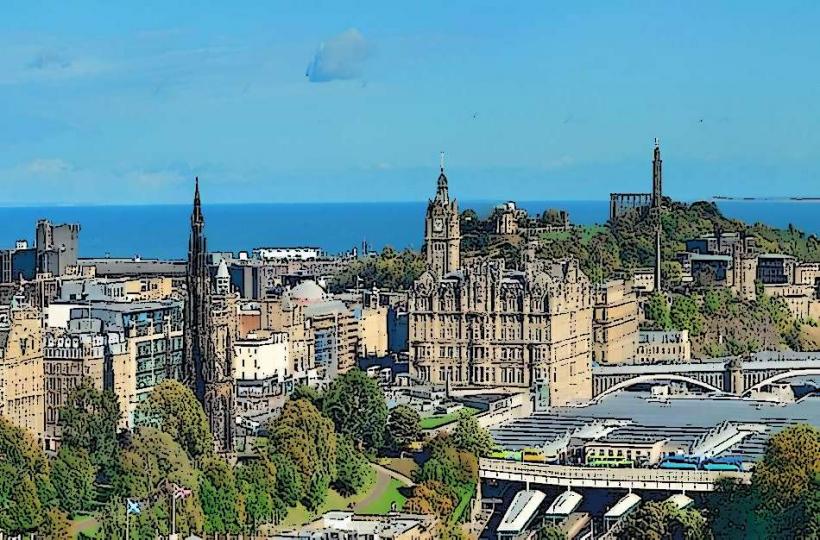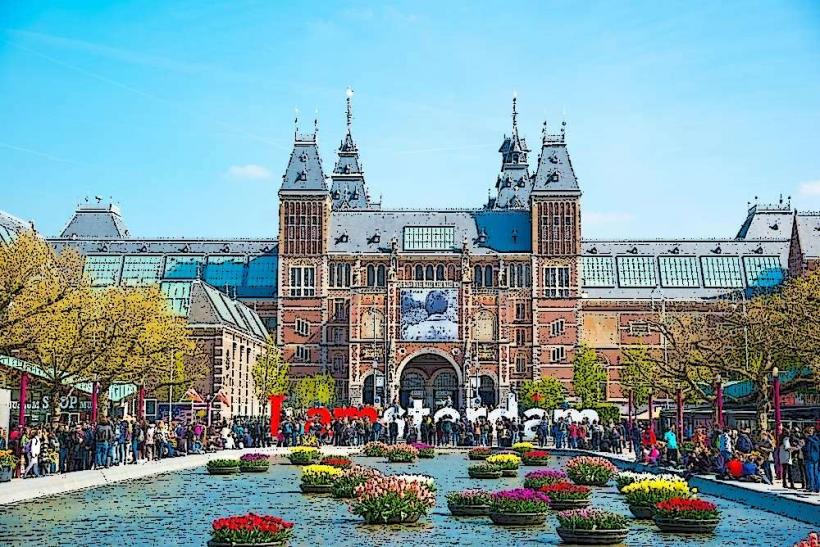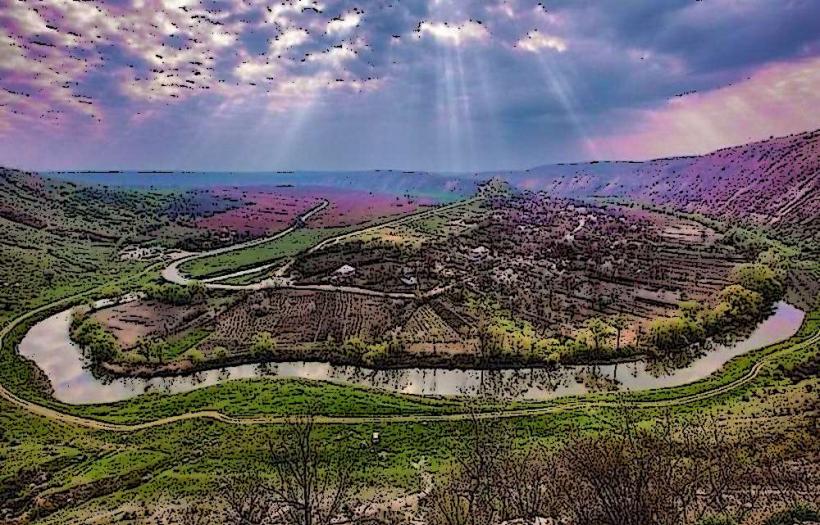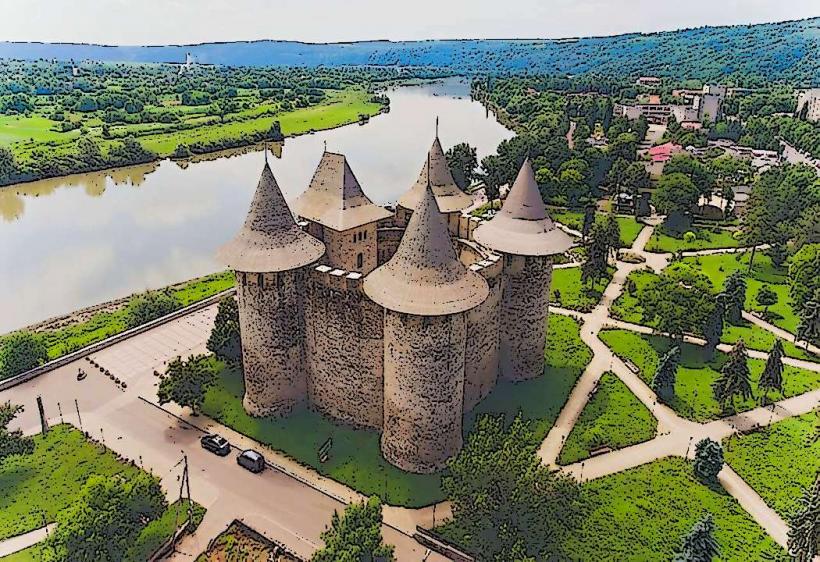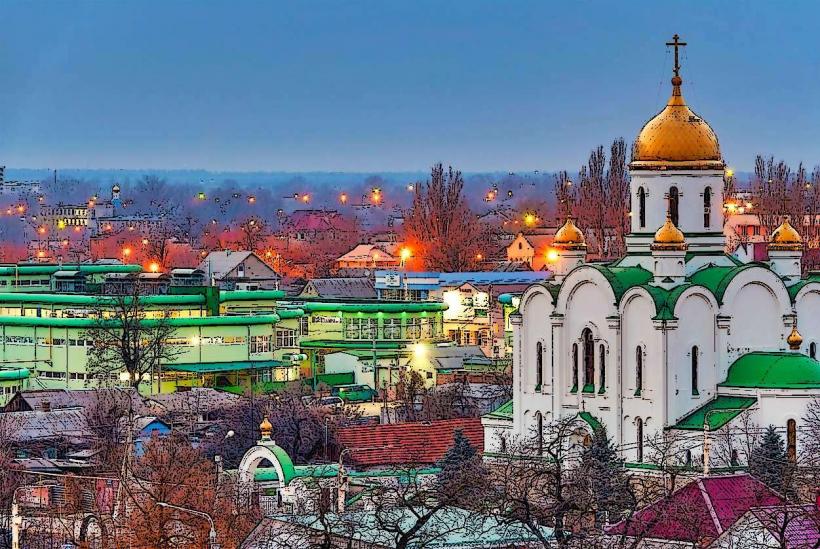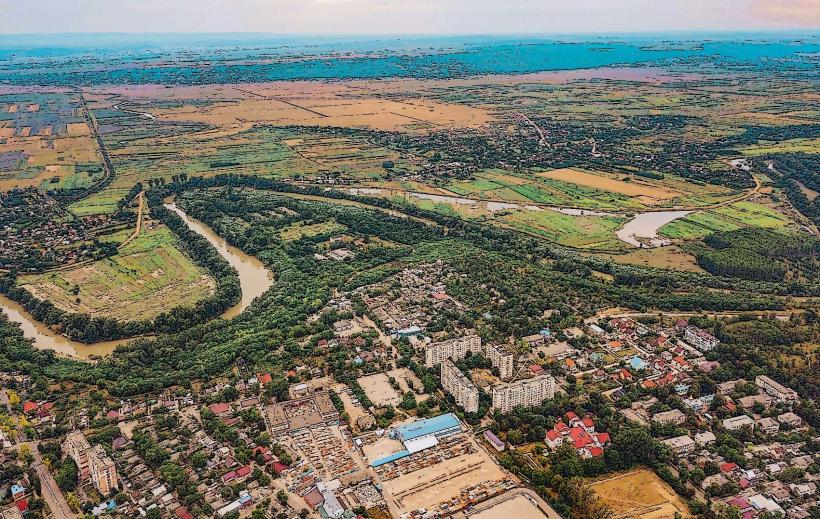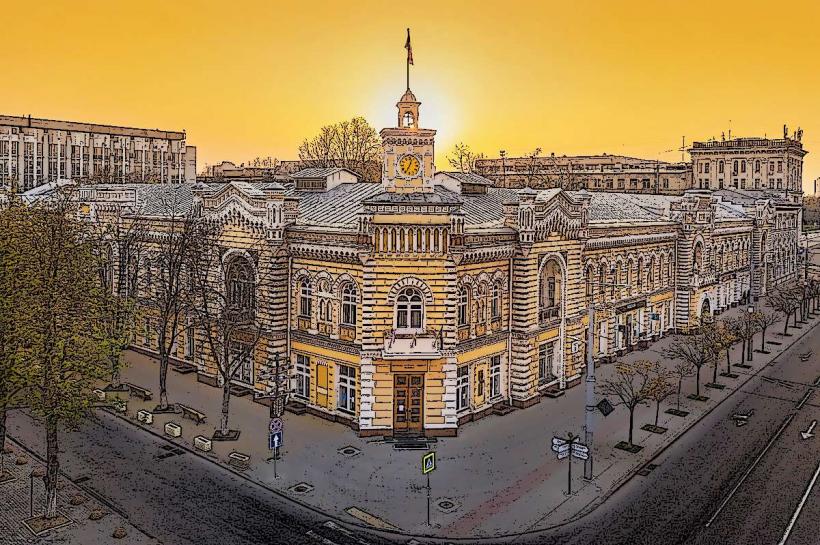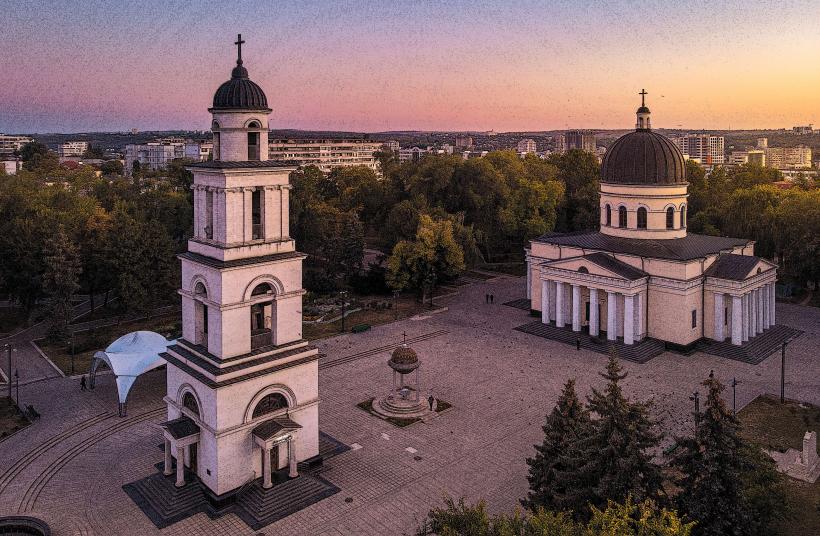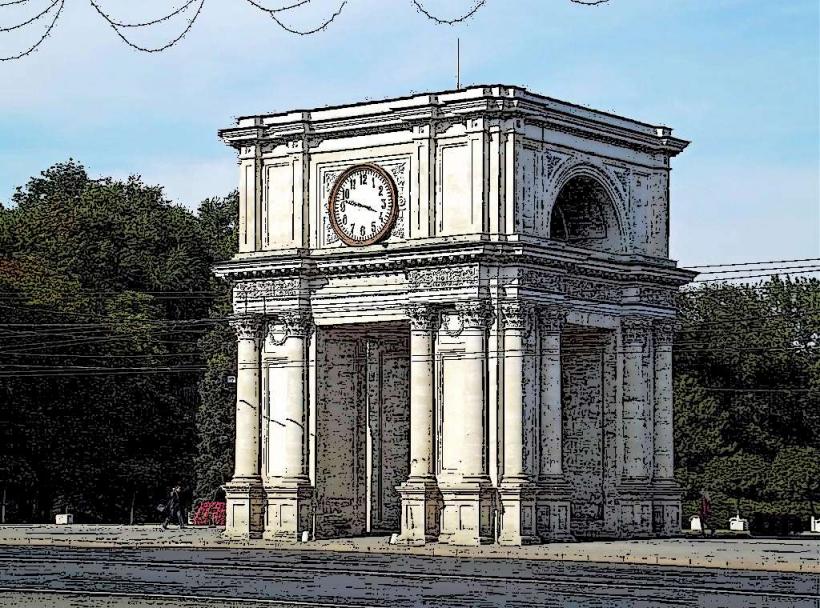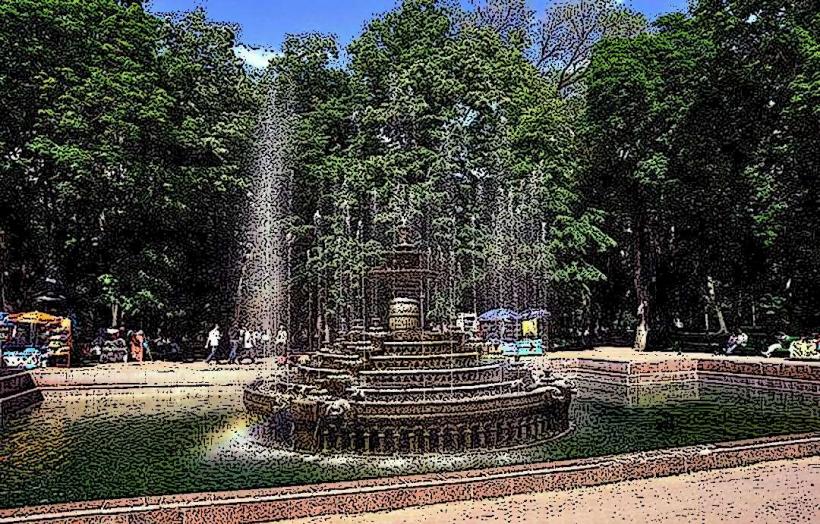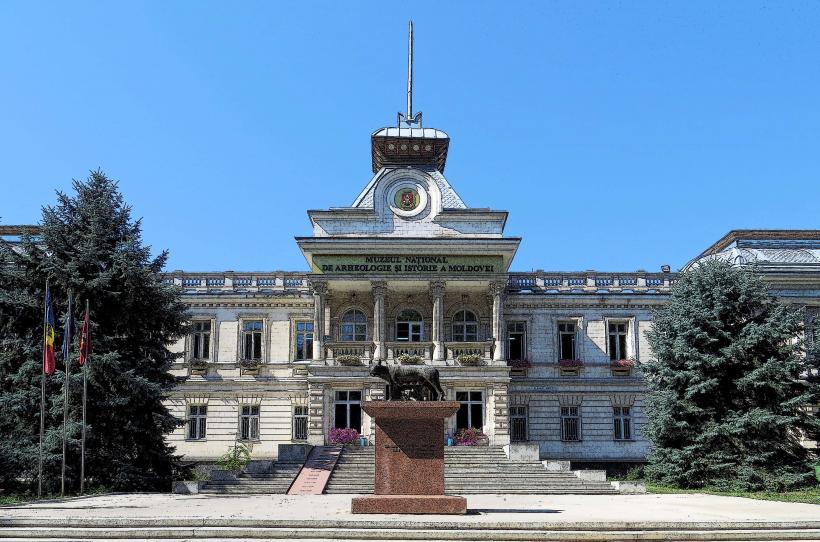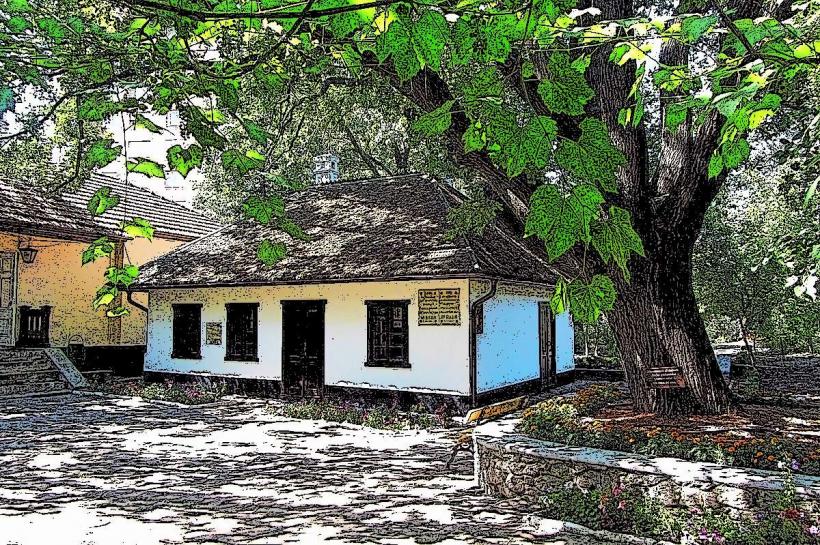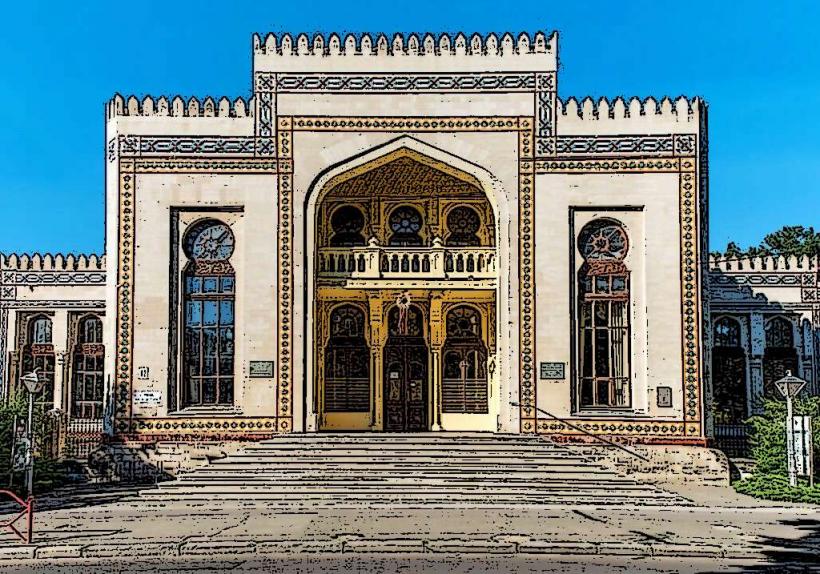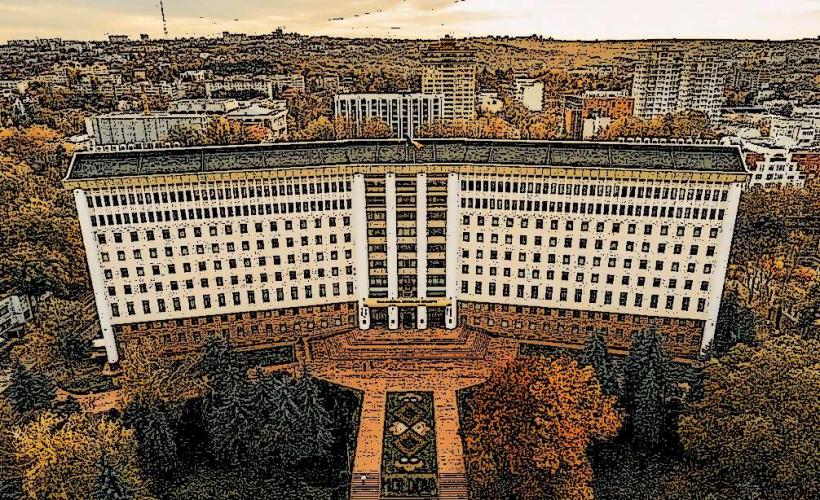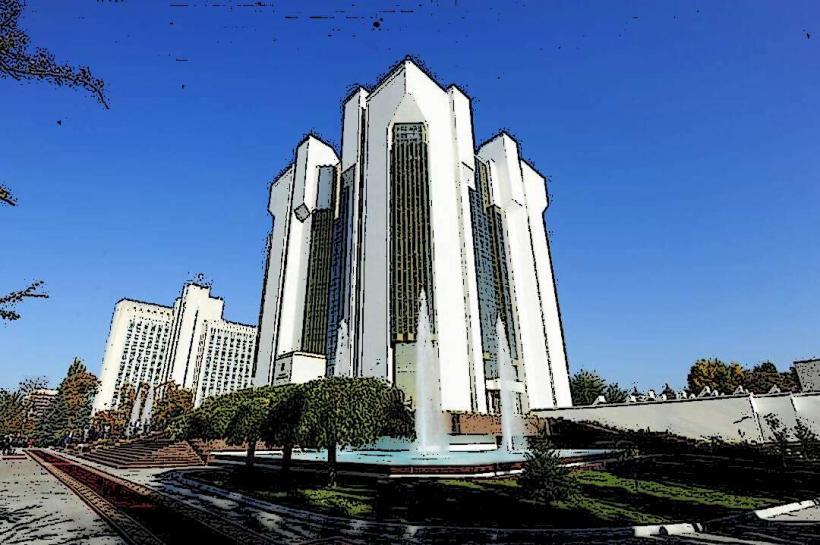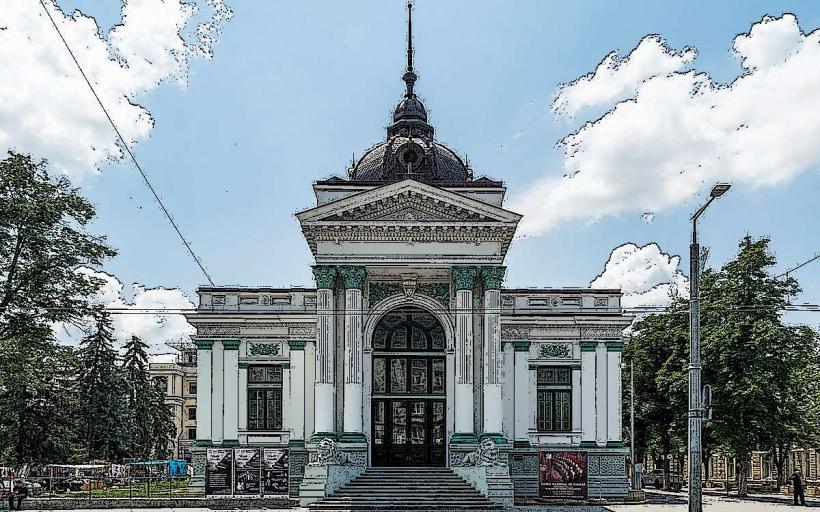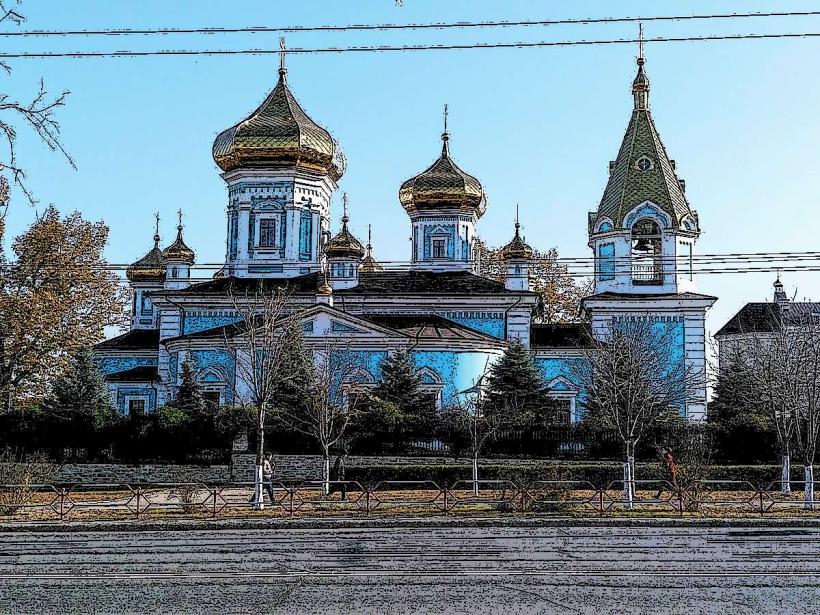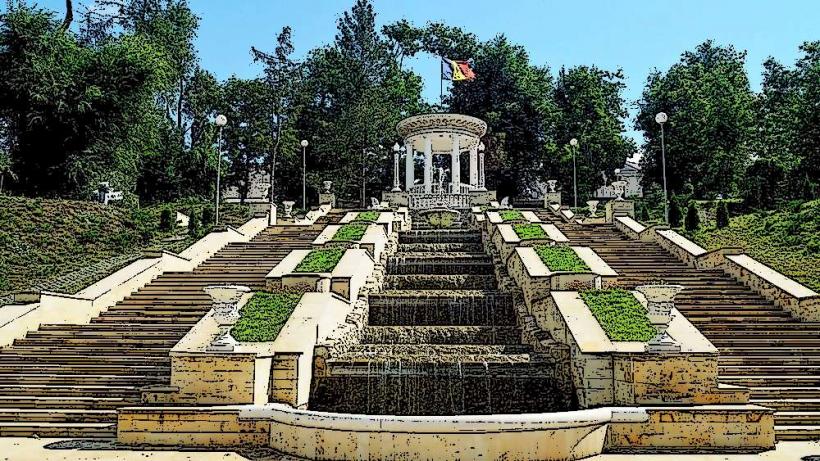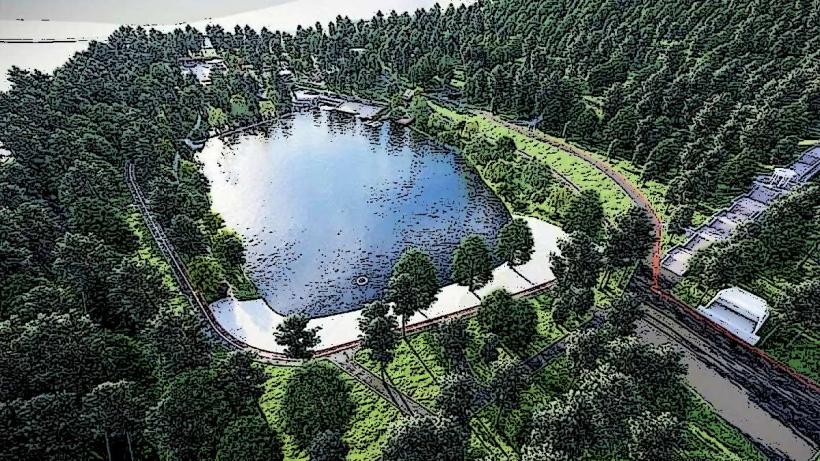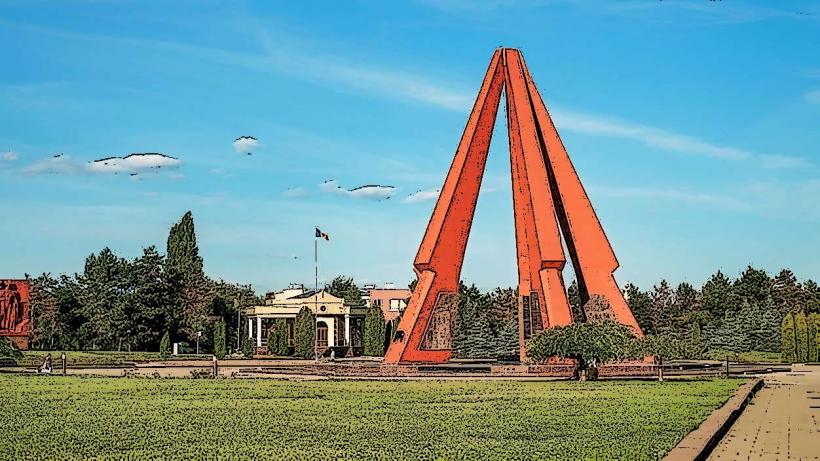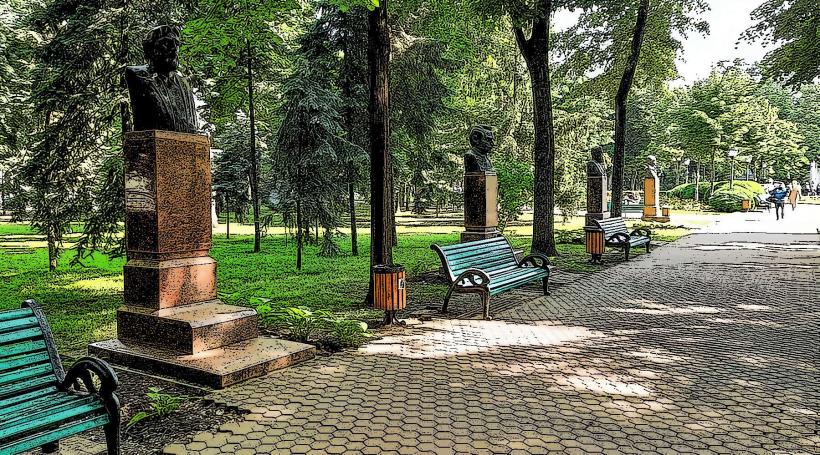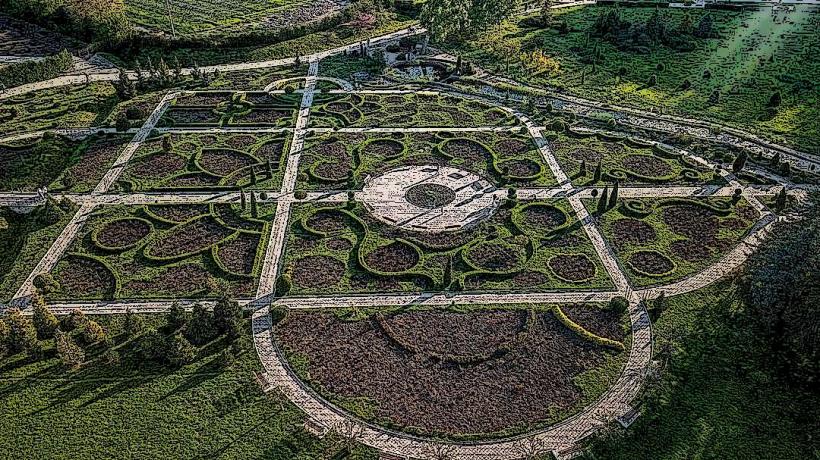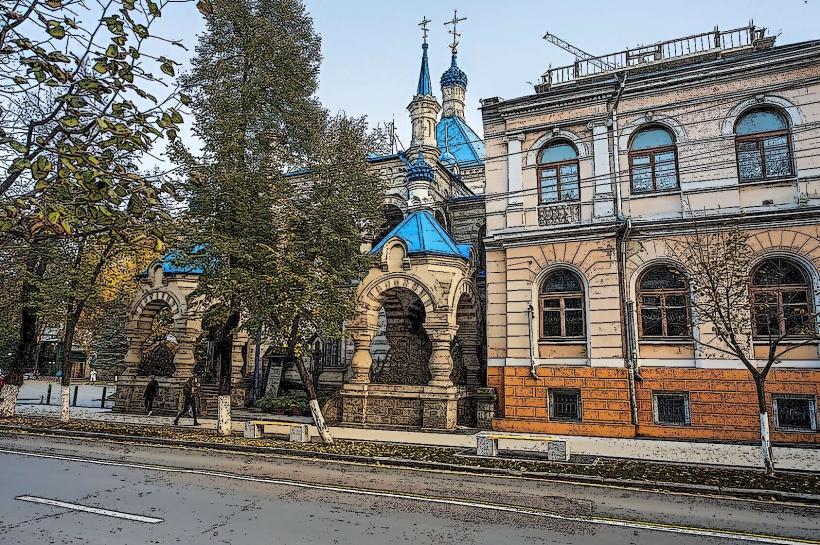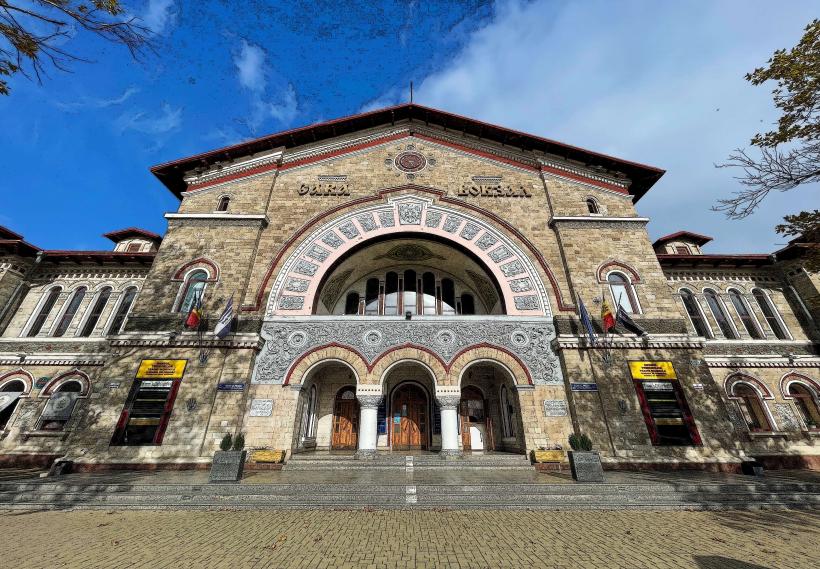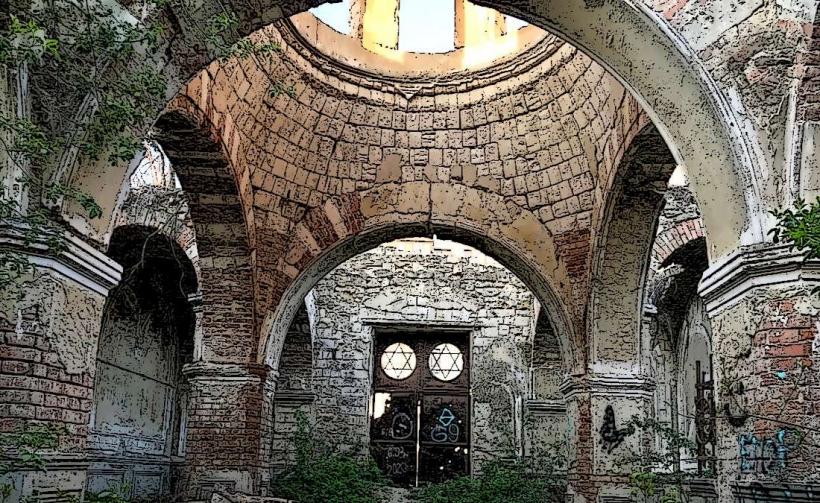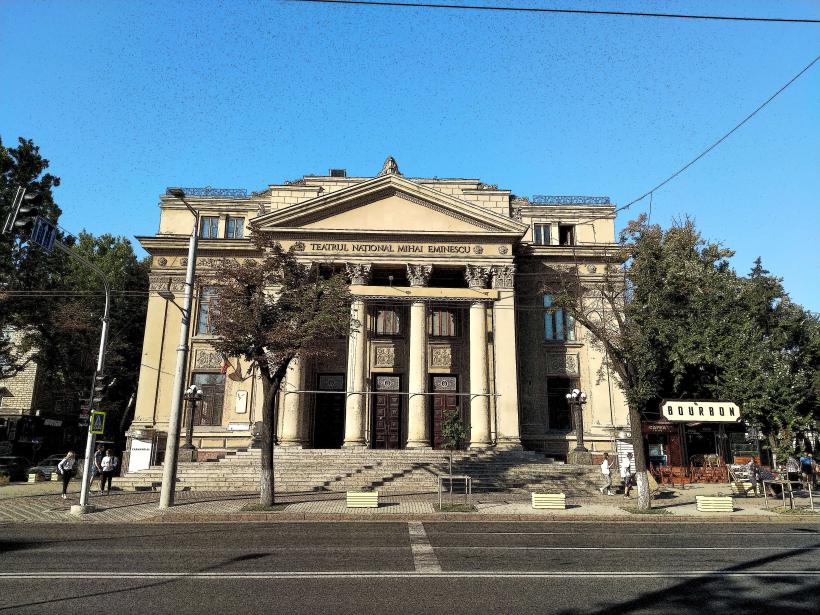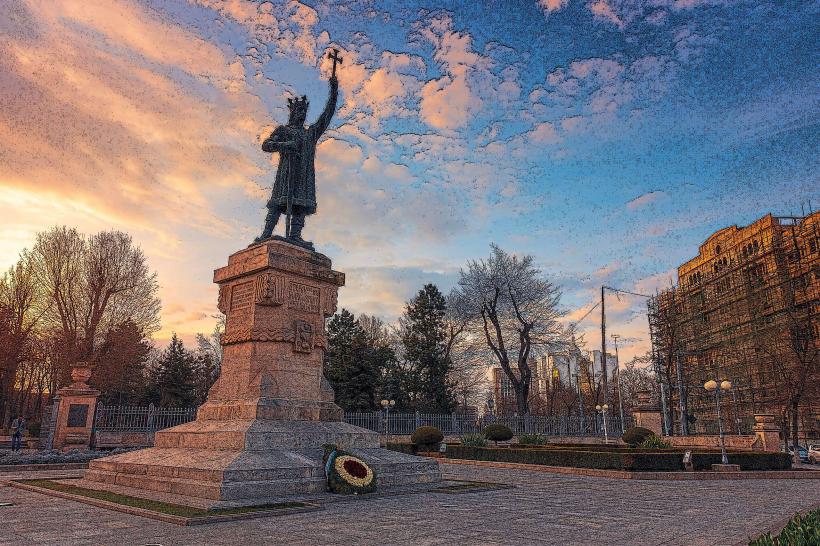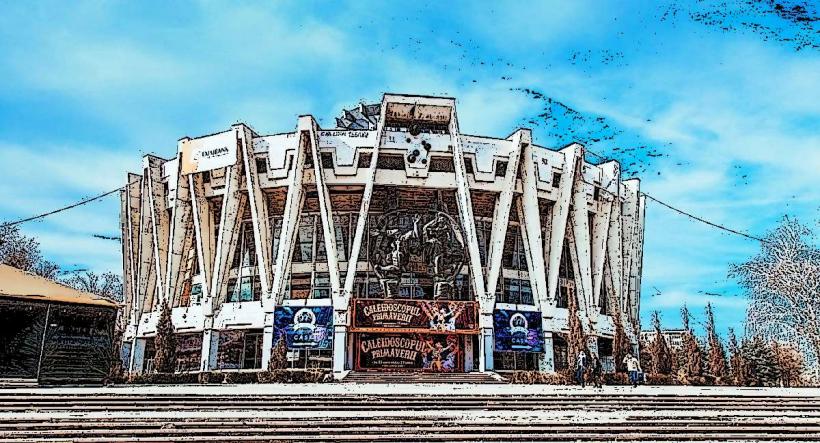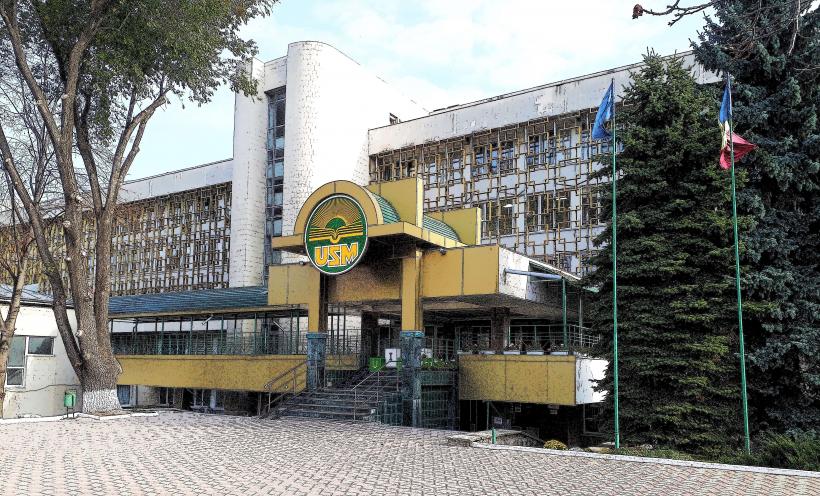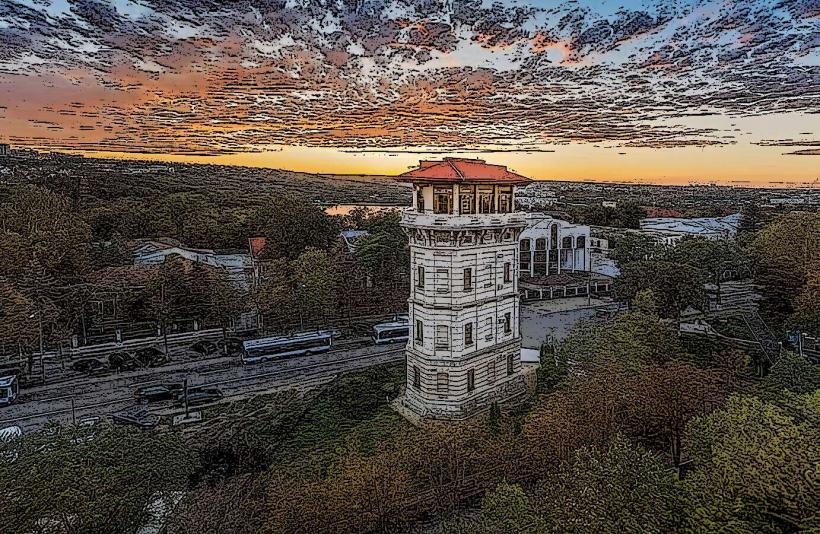Information
Country: MoldovaContinent: Europe
Moldova, Europe
Moldova is a landlocked nation in Eastern Europe, bordered by Romania to the west and Ukraine to the north, east, and south. It is defined by its status as one of the world's most prominent wine-producing regions and its position as a transition zone between the Balkans and the East European Plain, with Chişinău serving as the capital city.
Visa & Entry Policy
Citizens of the EU, US, UK, Canada, and Australia do not require a visa for stays up to 90 days within a 180-day period. Entry is permitted with a valid passport, though EU citizens may enter using a machine-readable national ID card. Visitors entering via the Transnistria region from Ukraine must register with Moldovan authorities within 72 hours of arrival, as this breakaway territory lacks central government control.
Language & Communication
The official language is Romanian. Russian is widely used as a second language and remains the primary tongue in the Transnistria and Gagauzia regions. English proficiency is Low to Medium; it is functional among youth in the capital but negligible in rural districts. Gagauz, a Turkic language, is spoken in the south.
Currency & Payment Systems
The official currency is the Moldovan Leu (MDL). Moldova is a cash-oriented economy; while cards (Visa, Mastercard) are accepted in Chişinău supermarkets, hotels, and upscale restaurants, cash is mandatory for taxis, open-air markets, and all transactions in rural villages. ATMs are concentrated in urban centers and rarely found in remote areas.
National Transport Grid
Intercity travel relies almost exclusively on a network of private minibuses known as rutieră. These depart from three main terminals in the capital: North (Nord), South (Sud), and Central (Centru). The national rail network (CFM) is limited, primarily serving international routes to Bucharest and Iași, with infrequent domestic service between Chişinău and Ungheni.
Digital Infrastructure
Orange Moldova and Moldcell are the primary mobile network providers, followed by the state-owned Moldtelecom. 4G coverage extends to 95% of the territory. While 5G deployment has begun in Chişinău, it is not yet a national standard. Fixed-line fiber-optic internet in Moldova is among the fastest and cheapest in Europe.
Climate & Seasonality
The climate is moderately continental. Summers (June–August) are long and warm with temperatures averaging 20°C to 25°C. Winters (December–February) are mild and dry, with averages near -2°C. The heaviest rainfall occurs in June and October; long dry spells are common in late summer.
Health & Safety
There are no mandatory vaccinations for entry. Specific health risks include tick-borne encephalitis in forested regions and hepatitis A. Tap water is generally not potable outside the capital; bottled water is required. The unified emergency number for Police, Ambulance, and Fire services is 112.
Top 3 Major Regions & Cities
Central Region: The administrative and economic heart of the country; primary hub is Chişinău.
Transnistria (Breakaway Region): A self-declared autonomous territory with Soviet-era infrastructure; primary hub is Tiraspol.
Codru & Orhei: The historical and viticultural core featuring limestone cliffs and monasteries; primary hub is Orhei.
Local Cost Index
1L Bottled Water: 12 MDL ($0.70)
1 Domestic Beer (0.5L): 25 MDL ($1.45)
1 Sim Card (10GB Data): 50 MDL ($2.90)
Facts & Legends
Moldova is home to Mileștii Mici, the world's largest wine cellar by bottle count. The complex consists of 200 kilometers of underground limestone tunnels, containing over 1.5 million bottles of wine. Legend also surrounds the "100 Hills" (Suta de Movile) in the Prut River valley; local folklore claims these mysterious mounds are the burial sites of fallen soldiers from ancient battles, though geologically they are remnants of prehistoric sea reefs.

